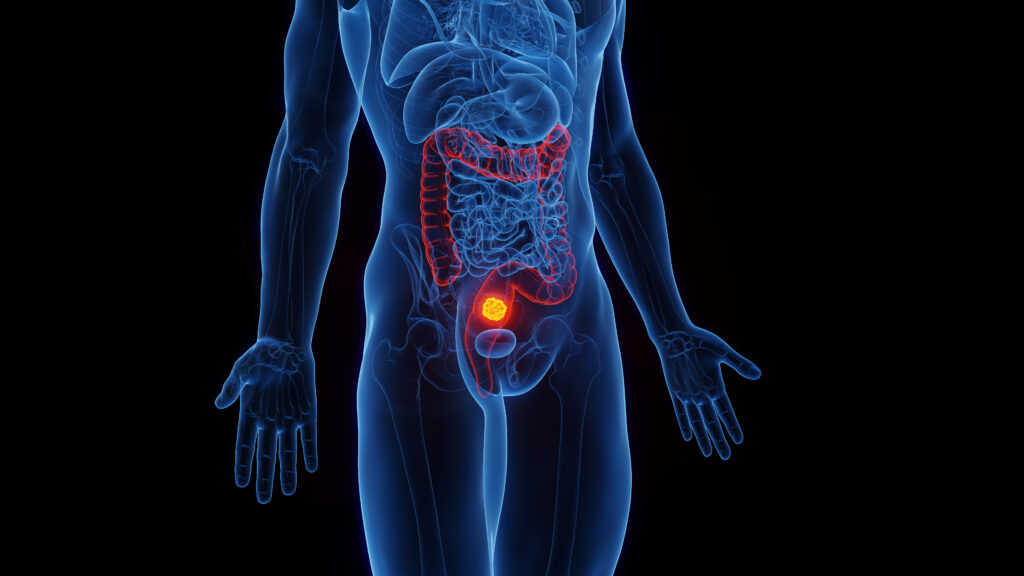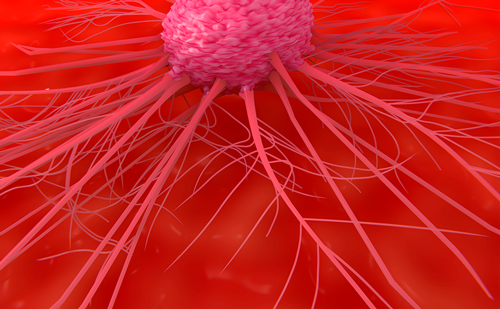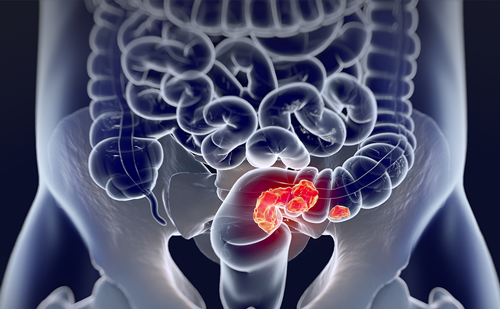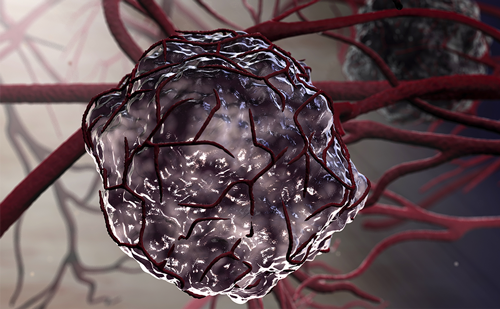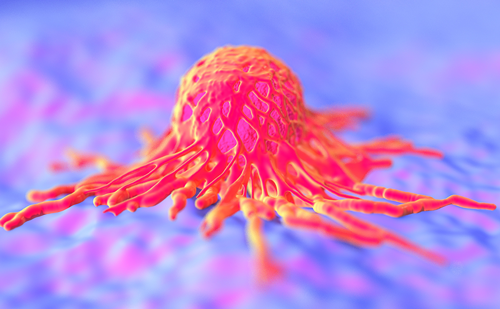Welcome to the latest edition of touchREVIEWS in Oncology & Haematology, which features some of the recent key developments in oncological and haematological disease. The journal opens with an expert interview with Linda Martin on a new fluorescent imaging agent for lung cancer detection. Screening using conventional methods is challenging but the results from the ELUCIDATE trial (ClinicalTrials. gov identifier: NCT04241315) indicate potential for improved disease screening for those with known or suspected lesions. Following this, David Ziegler provides an editorial on a new targeted treatment approach for paediatric low-grade gliomas using pan-RAF inhibitors, with promising early results raising the prospect of a new standard of care therapy for the most common childhood brain tumour.
Next, we feature a series of reviews, commencing with two articles on the treatment of epidermal growth factor receptor 2 (HER2)-positive breast cancer. In the first, Toshinari Yamashita discusses the currently available clinical data, as well as ongoing trials for the new-generation HER2 antibody-conjugate, trastuzumab deruxtecan in patients with advanced HER2-positive disease. In the second, Ilana Schlam et al. consider how to tailor treatment for early-stage HER2-positive breast cancer given the array of evidence examining factors predictive of treatment responses.
Shifting to a focus on gastrointestinal cancers, Yoshinami et al. discuss the current use of immune checkpoint inhibitor combination therapy for patients with unresectable advanced or metastatic oesophageal squamous cell carcinoma. Additionally, Mahipal et al. review immunotherapeutic options for patients with advanced or metastatic biliary tract cancer, including the studies that have informed the current standard of care therapy, as well as necessary future areas of research. Moving on to genitourinary cancer, the last six years have seen a rapid evolution in the treatment landscape for patients with advanced urothelial carcinoma with the approval of six new medications in the USA. Talukder et al. describe the role and clinical data for one such therapy, enfortumab vedotin as a monotherapy and in combination in the context of both first-line and salvage treatment settings.
Improved understanding of cold agglutinin disease (CAD) and the role of the complement system in disease pathogenesis has led to the development of novel therapeutic targets. Ilene Weitz discusses the role and efficacy of the C1 inhibitor, sutimlimab, which blocks the classical complement pathway in the treatment of CAD, including key efficacy and safety data from pivotal clinical trials.
Next, we move our focus to the treatment paradigm for squamous cell anal carcinoma (SCAC). In metastatic disease, the current optimal first-line treatment provides only modest benefit, and there is no established second-line option for refractory patients. Mencel and Rao review the current treatment paradigm for SCAC and the future of immune checkpoint inhibitors as a therapeutic option.
Finally, Razo and Garfall outline the use of the B-cell maturation antigen monoclonal antibody, teclistamab as a monotherapy in relapsed refractory multiple myeloma, in addition to clinical data exploring its use earlier in the disease including in combination strategies.
The editors of touchREVIEWS in Oncology & Haematology would like to thank our contributors for producing insightful and informative articles. We are also grateful to all society partners for their ongoing support, and to our Editorial Board for their continued involvement and advice. We hope that you will find this edition informative and interesting.
Ben Weinberg, MD
Ben Weinberg is an Associate Professor of Medicine at the Lombardi Comprehensive Cancer Center (LCCC), Georgetown University, Washington, DC, USA. He specializes in gastrointestinal oncology. He received his undergraduate degree in biomedical science at the University of Pennsylvania and his medical degree at the Keck School of Medicine of the University of Southern California. He went on to complete his postgraduate medical training with a residency in internal medicine and fellowship in hematology and oncology at MedStar Georgetown University Hospital. Dr Weinberg is interested in developing new therapies for colorectal and pancreatic cancers by translating research from animal models into early-phase clinical trials in humans. He has focussed on young patients with colorectal cancer in order to understand the dramatic rise in incidence of left-sided colon and rectal cancers in this population. Dr Weinberg also seeks to understand how gut bacteria are impacting the rise of colorectal cancer in young people. Throughout his medical career, Dr Weinberg has worked exhaustively to make sure that patients are heard and that they receive the highest quality of care. His training as a resident and fellow at Georgetown leads him in the pursuit of cura personalis (“care for the whole person”), and he brings this mindset every day into the clinic and all his work with patients.




